In the quest for health and longevity, many turn to superfoods, often touted for their miraculous health benefits. However, not all superfoods are worth the hype—or the hefty price tag they often come with. Here’s a list of 18 superfoods that might not be the investment you think they are.
#1. Goji Berries
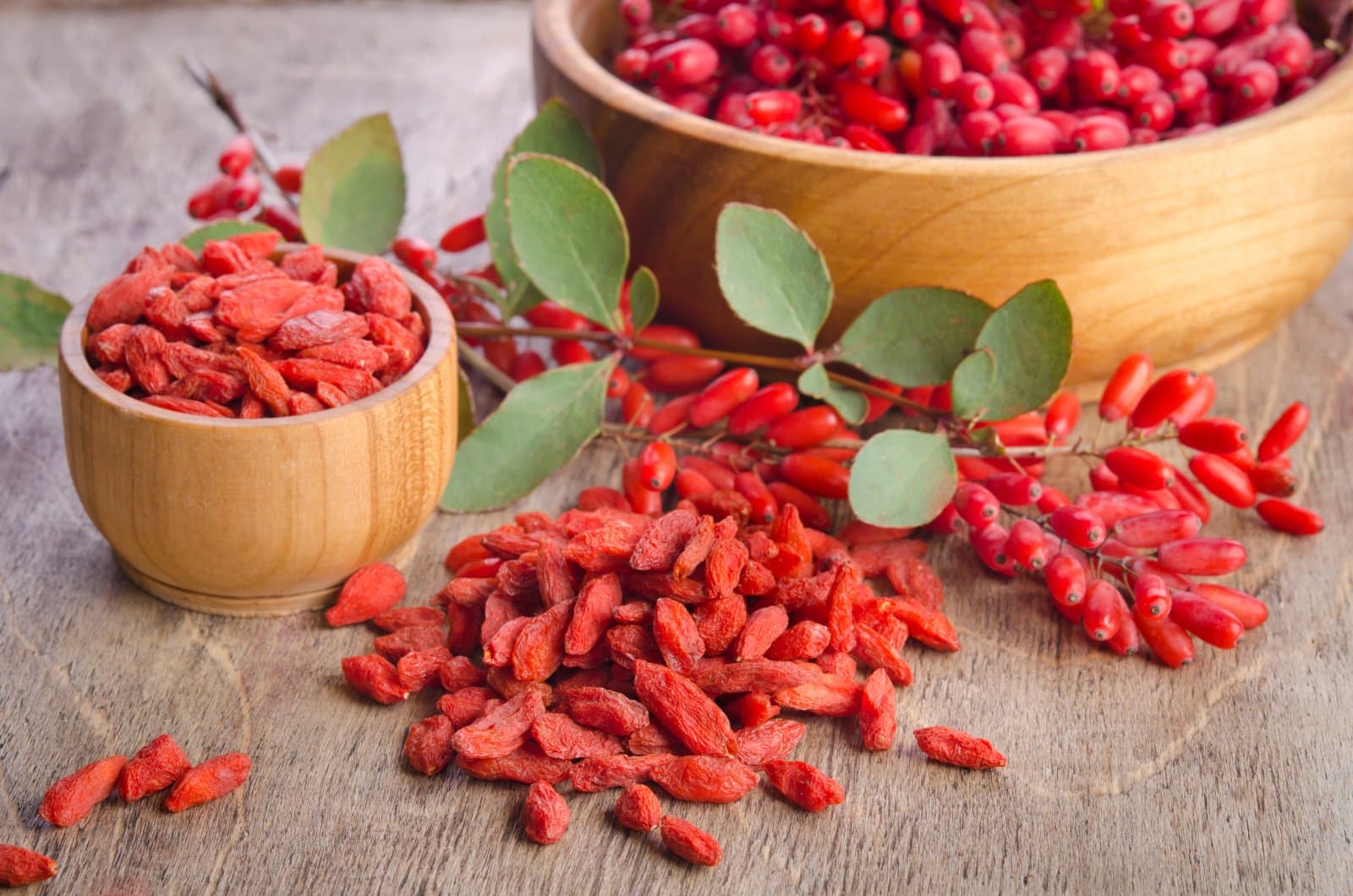
Praised for their antioxidant properties, goji berries are expensive, yet you can find similar benefits in more common fruits like blueberries.
#2. Acai Berries
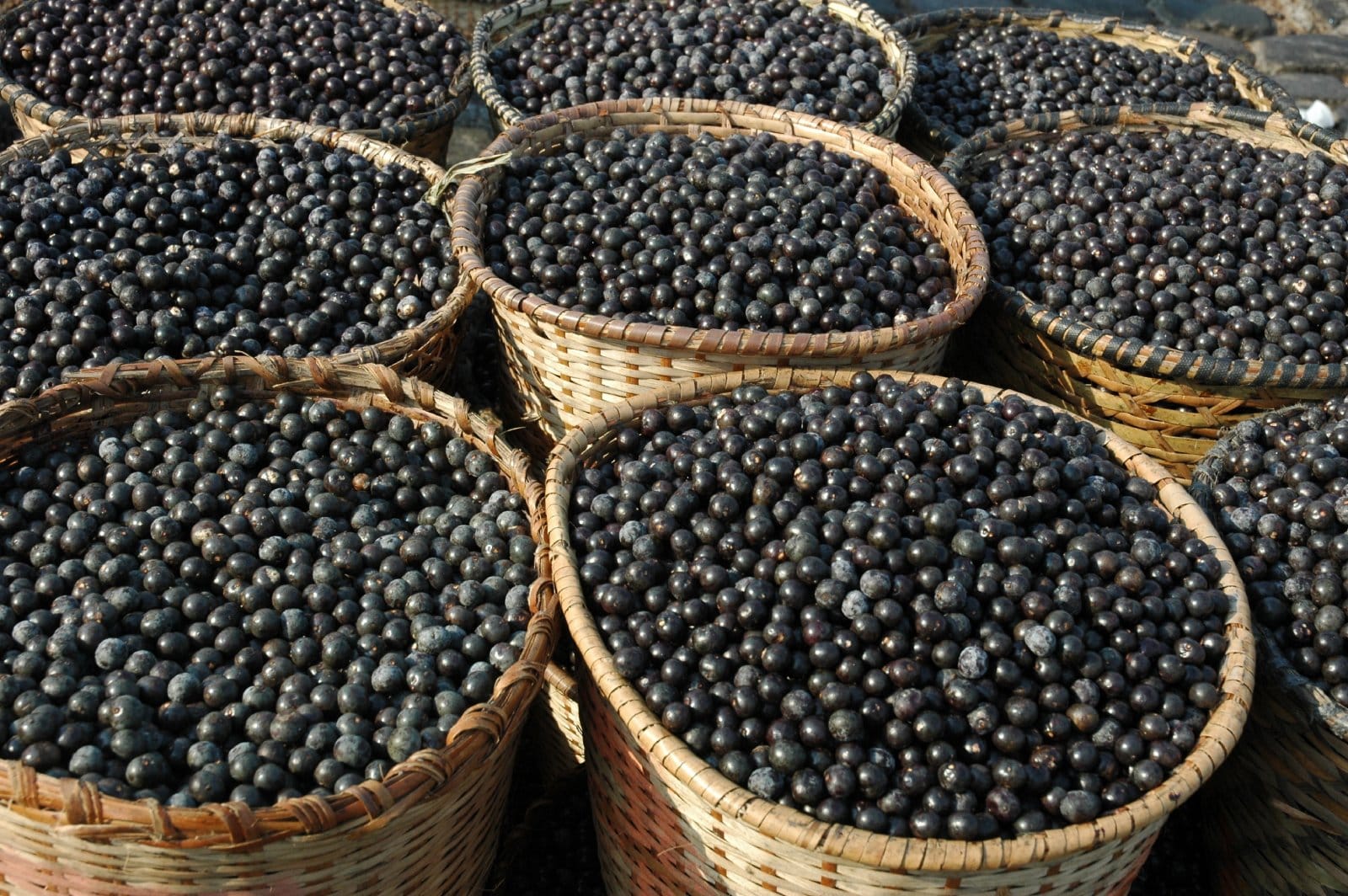
Acai bowls are trendy, but these berries come with a high cost and their nutritional profile isn’t significantly different from other, cheaper berries.
#3. Quinoa
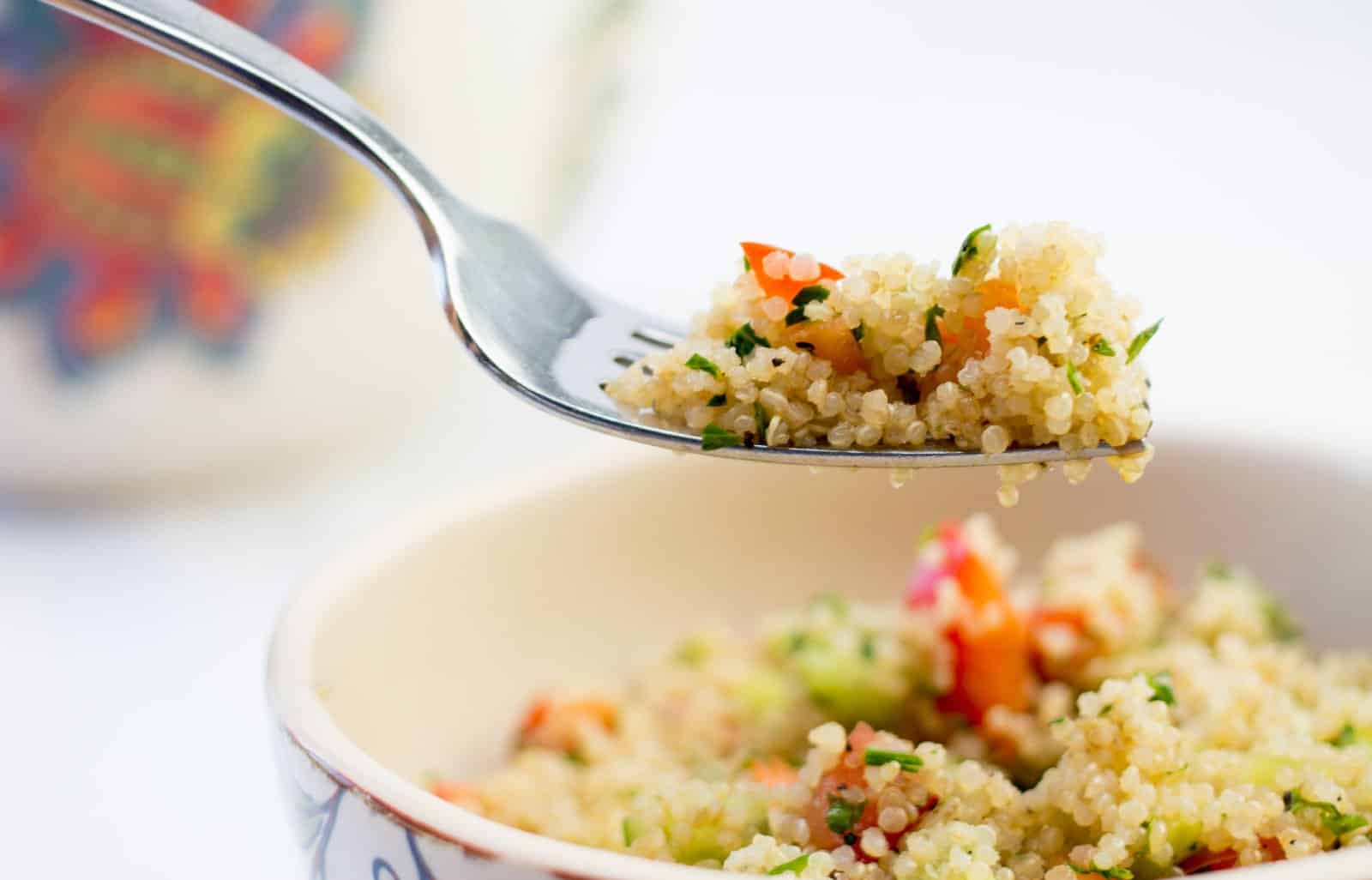
While quinoa is a great source of protein and fiber, there are plenty of more affordable grains out there, like brown rice or barley, that offer similar nutritional benefits.
#4. Chia Seeds
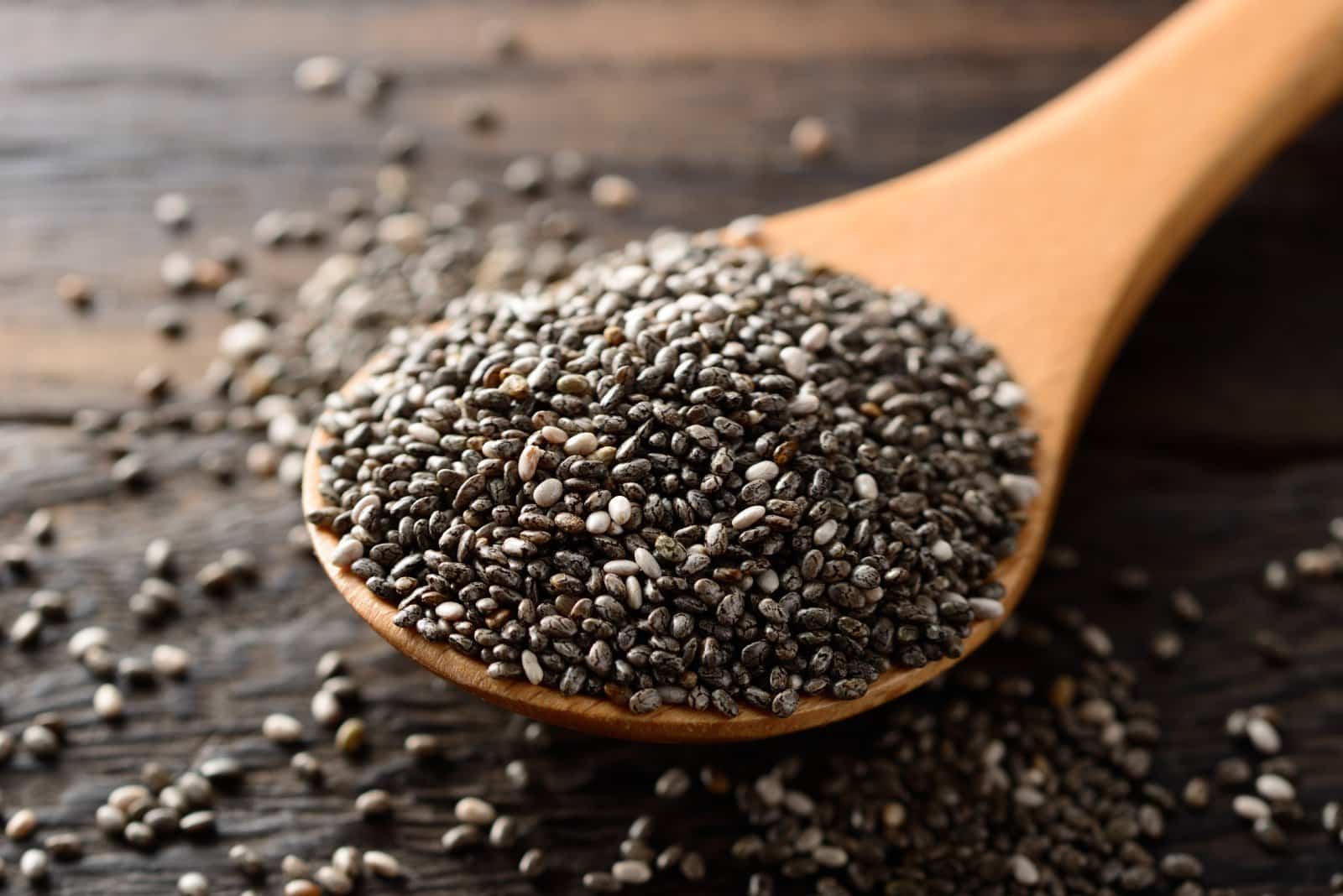
Chia seeds are all the rage for fiber and omega-3s, but flaxseeds are a much cheaper alternative with comparable health benefits.
#5. Matcha
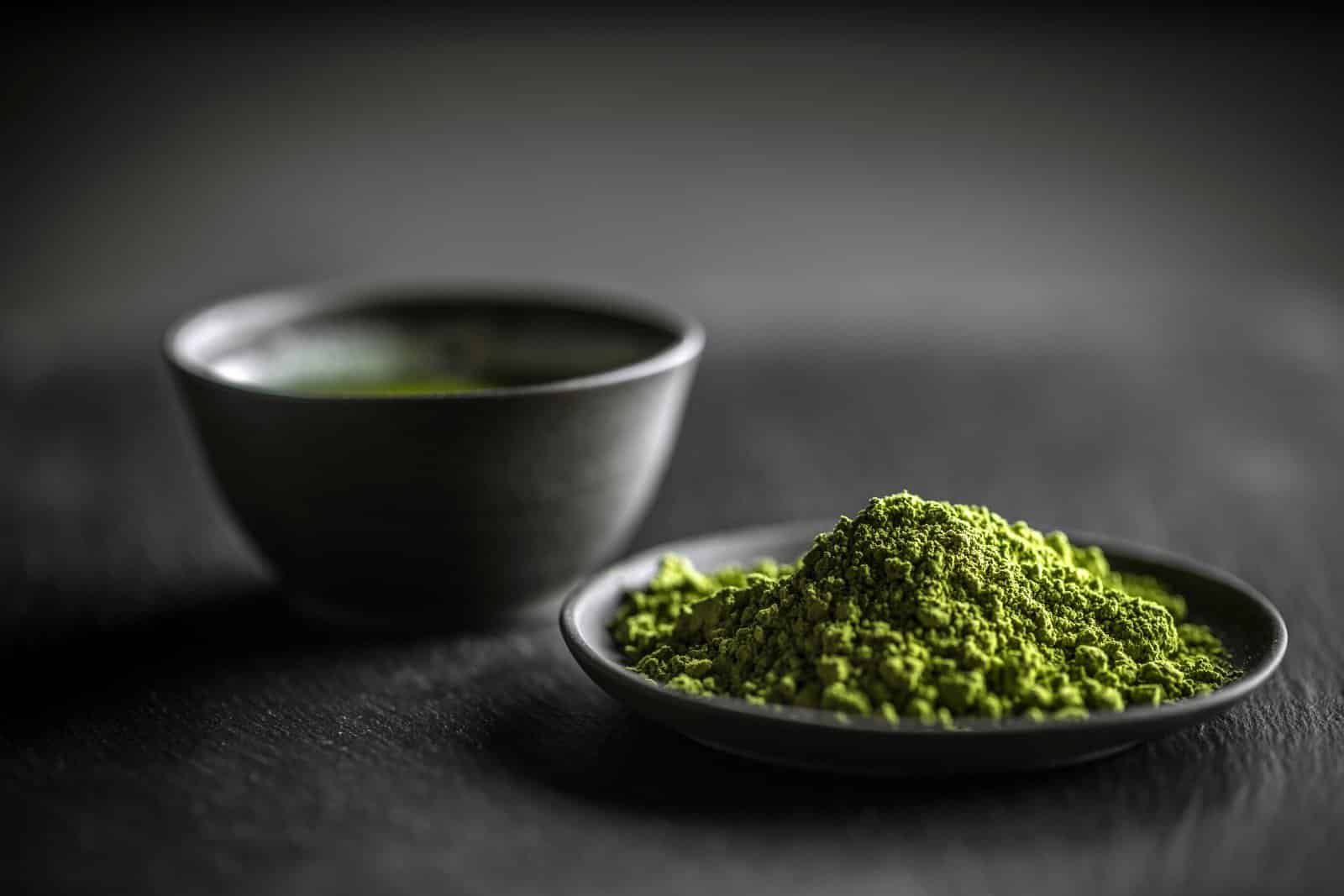
This green tea powder is packed with antioxidants but comes at a premium price. Regular green tea also offers plenty of antioxidants at a fraction of the cost.
#6. Kale
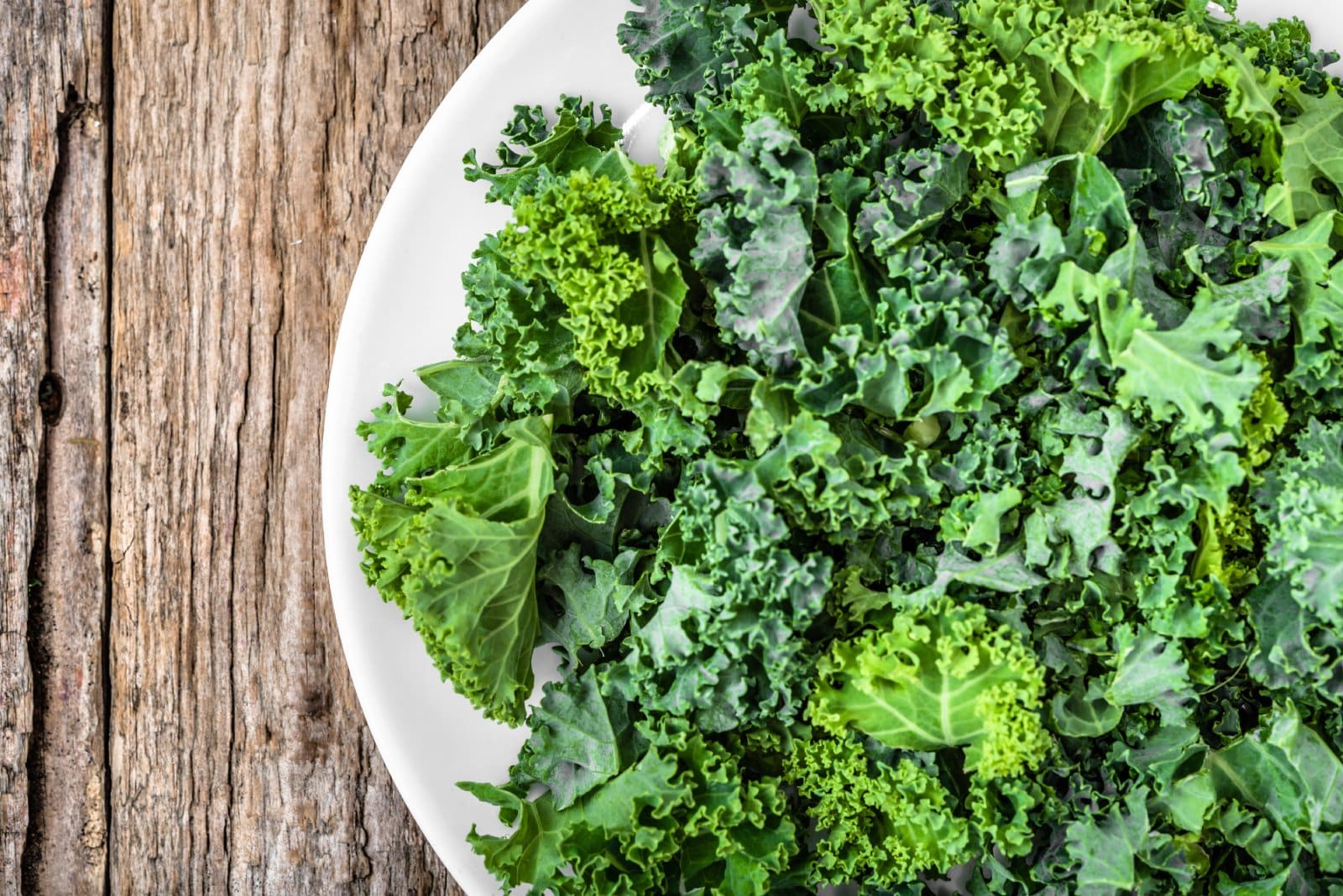
Kale has been a poster child for health, yet other dark leafy greens like spinach offer similar health benefits without the inflated price.
#7. Spirulina
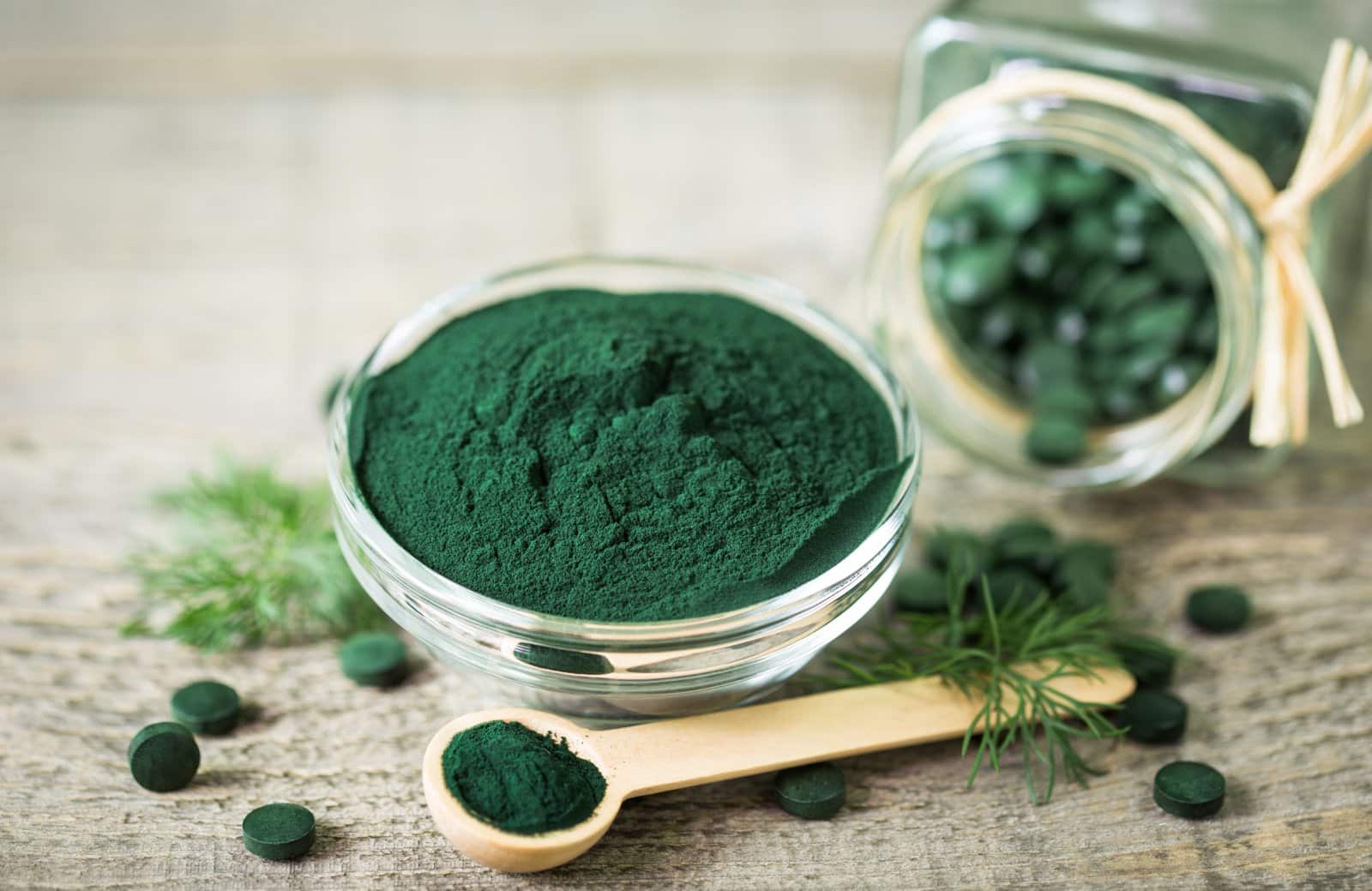
Often sold as a pricey supplement, spirulina’s unique nutrients can also be found in vegetables and fish.
#8. Wheatgrass
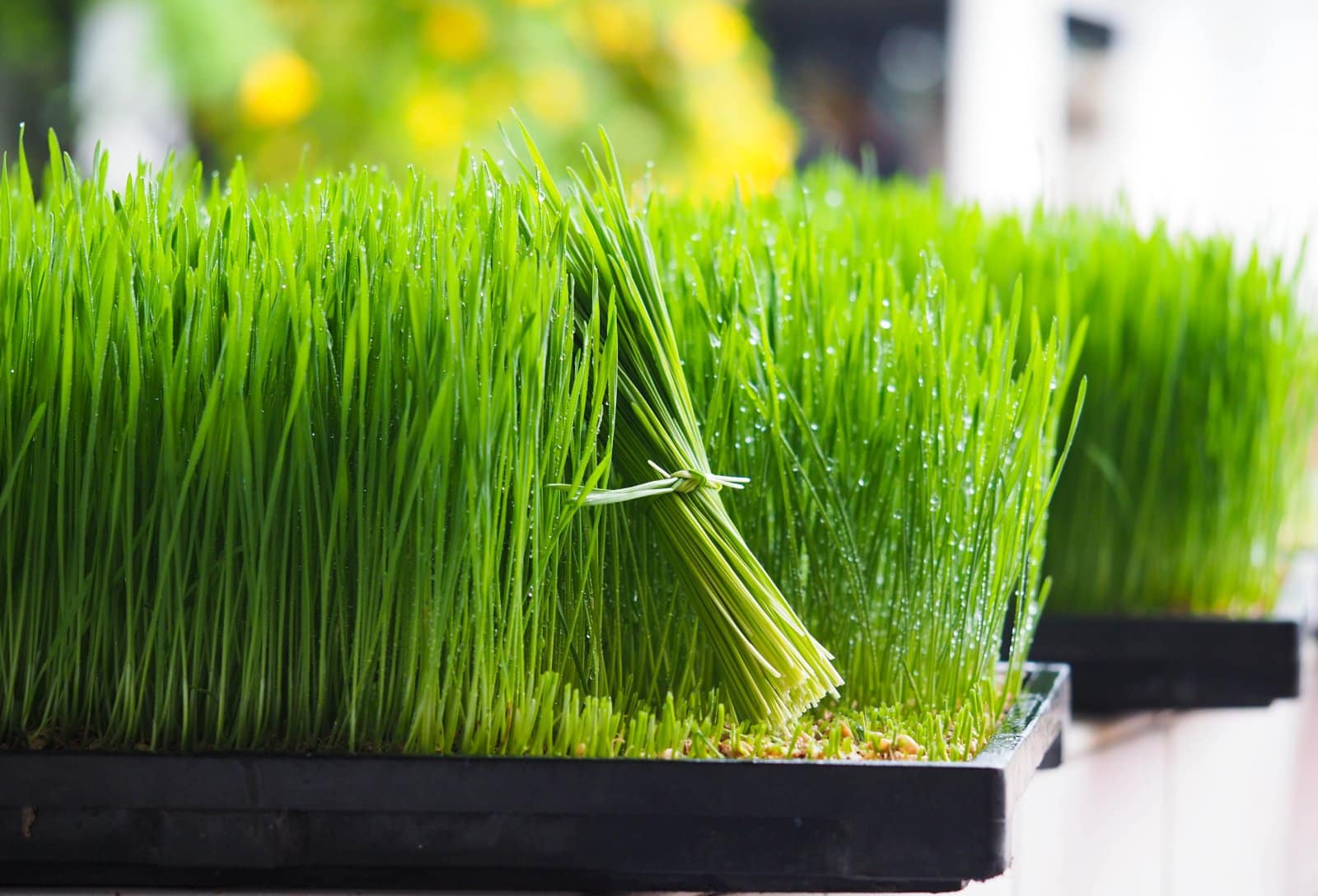
Wheatgrass shots are expensive, and their claimed benefits are not backed by strong evidence. You’re better off eating whole veggies.
#9. Coconut Water
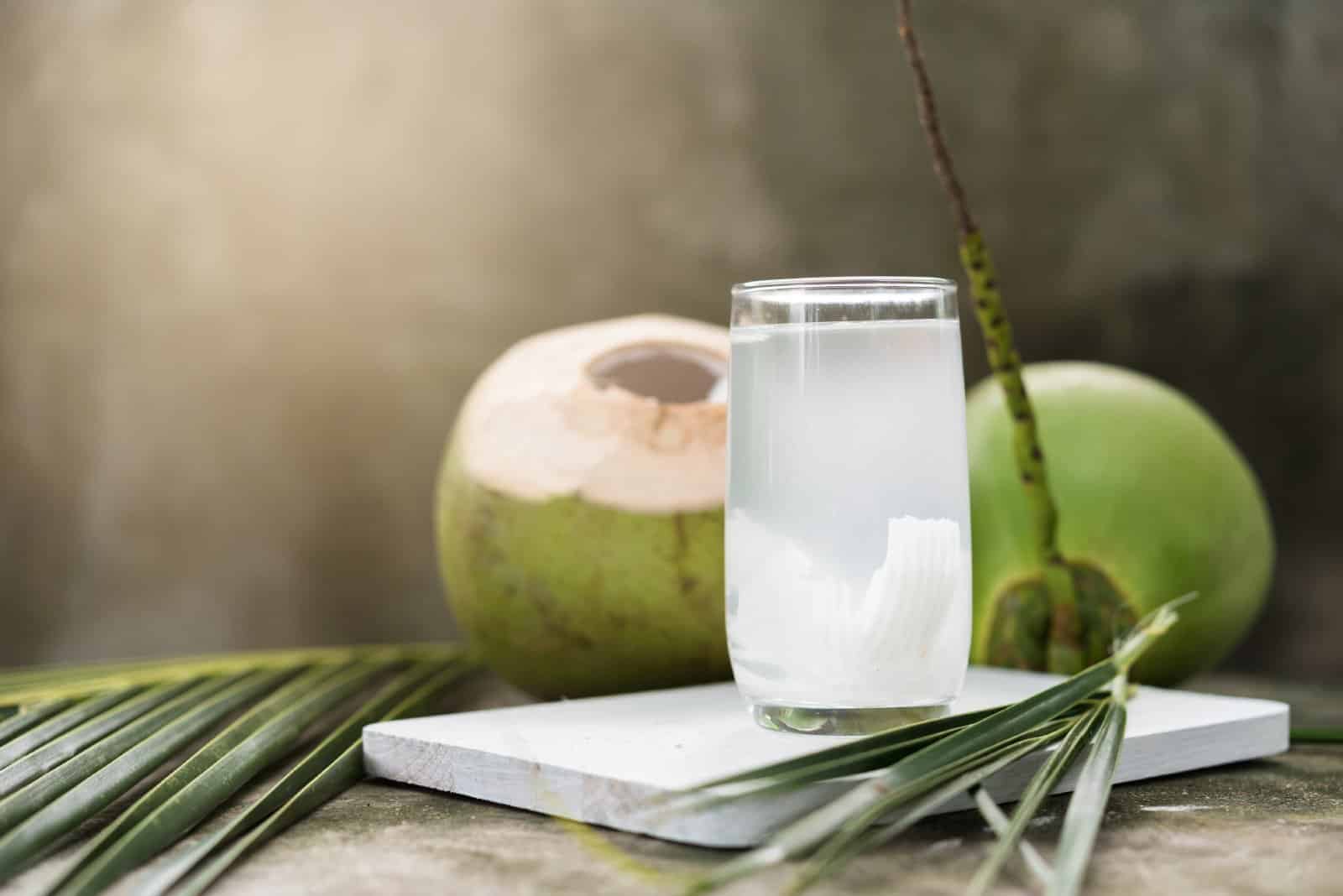
Marketed as a superior hydrating drink, coconut water is costly compared to plain water or even regular sports drinks, which offer similar electrolyte balances.
#10. Maca Powder
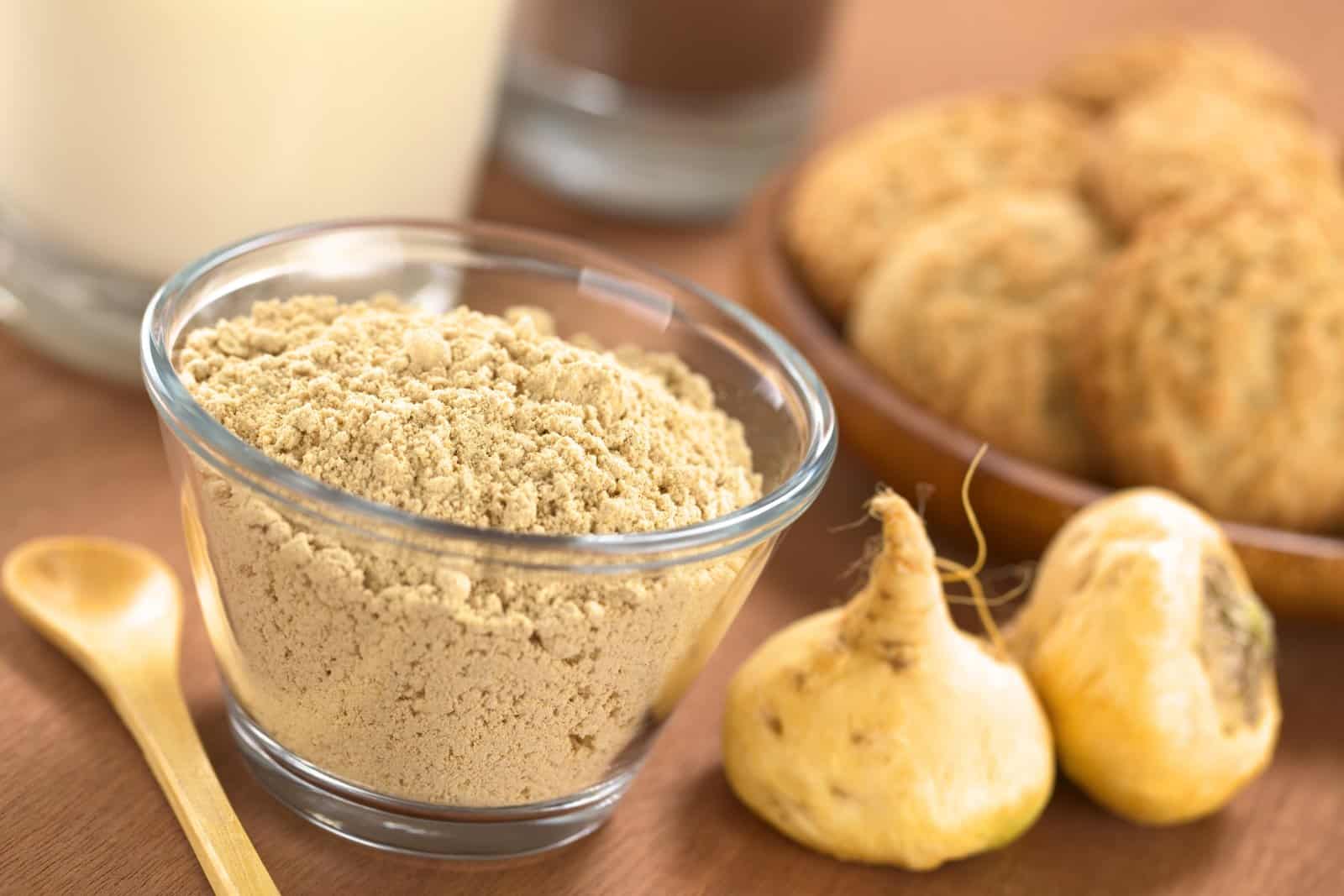
This Peruvian root is sold as a powder for its supposed energy-boosting properties, but there are cheaper, more effective ways to increase your energy levels.
#11. Avocado Oil
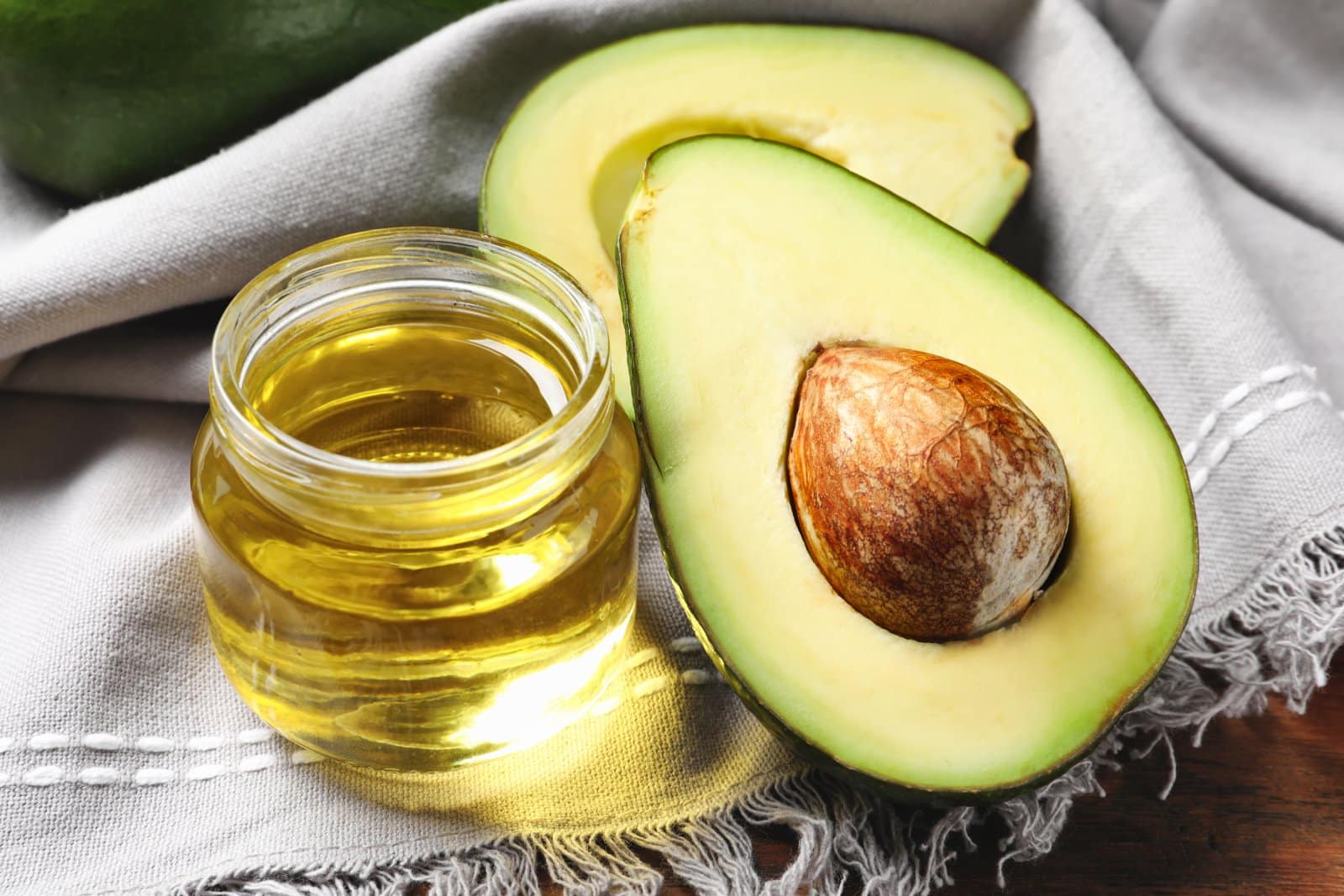
While beneficial, avocado oil is pricey, and you can get similar healthy fats from olive oil at a lower cost.
#12. Cacao Nibs
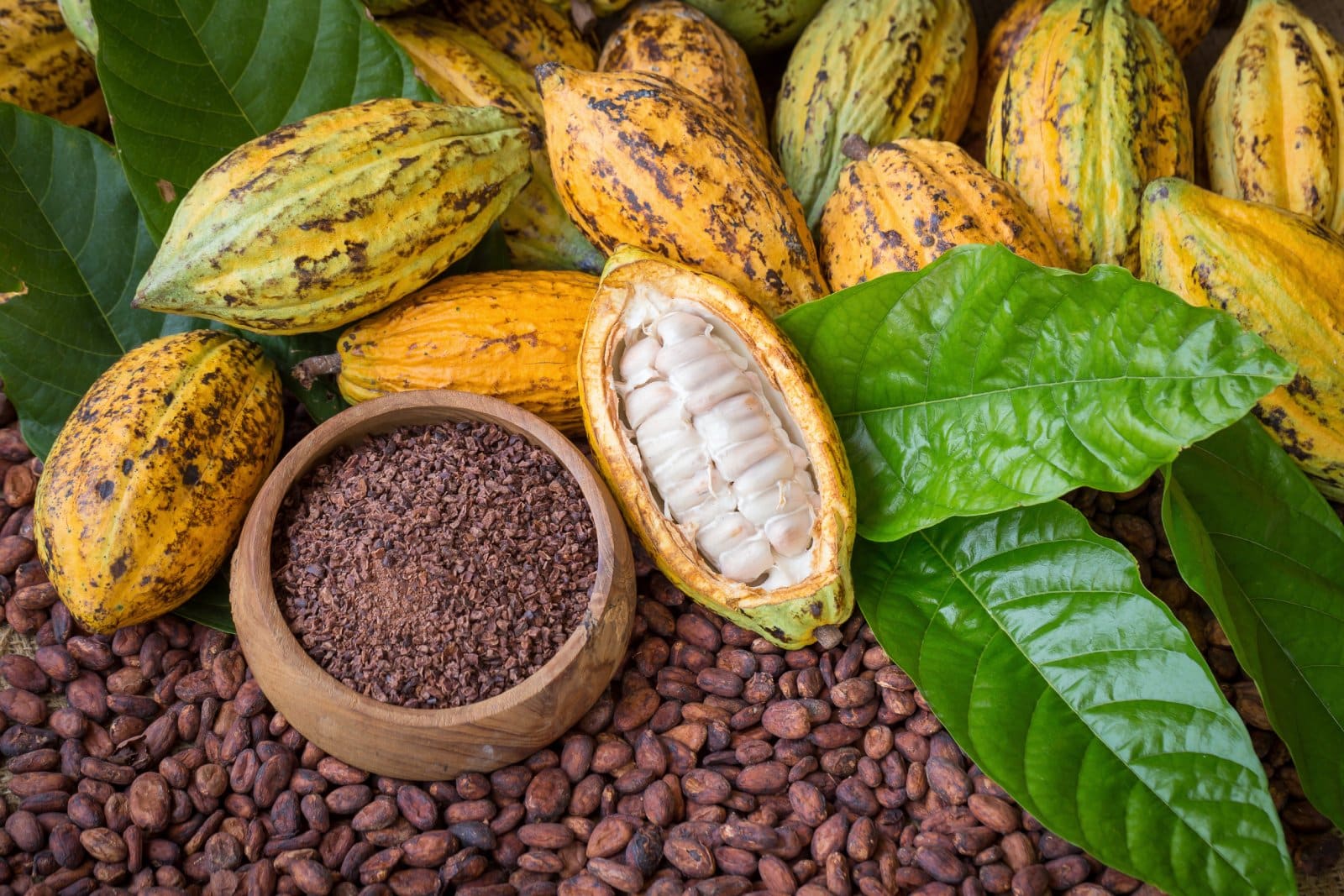
Cacao nibs are marketed as antioxidant-rich chocolate alternatives but are expensive. Dark chocolate is a more affordable source with similar benefits.
#13. Manuka Honey
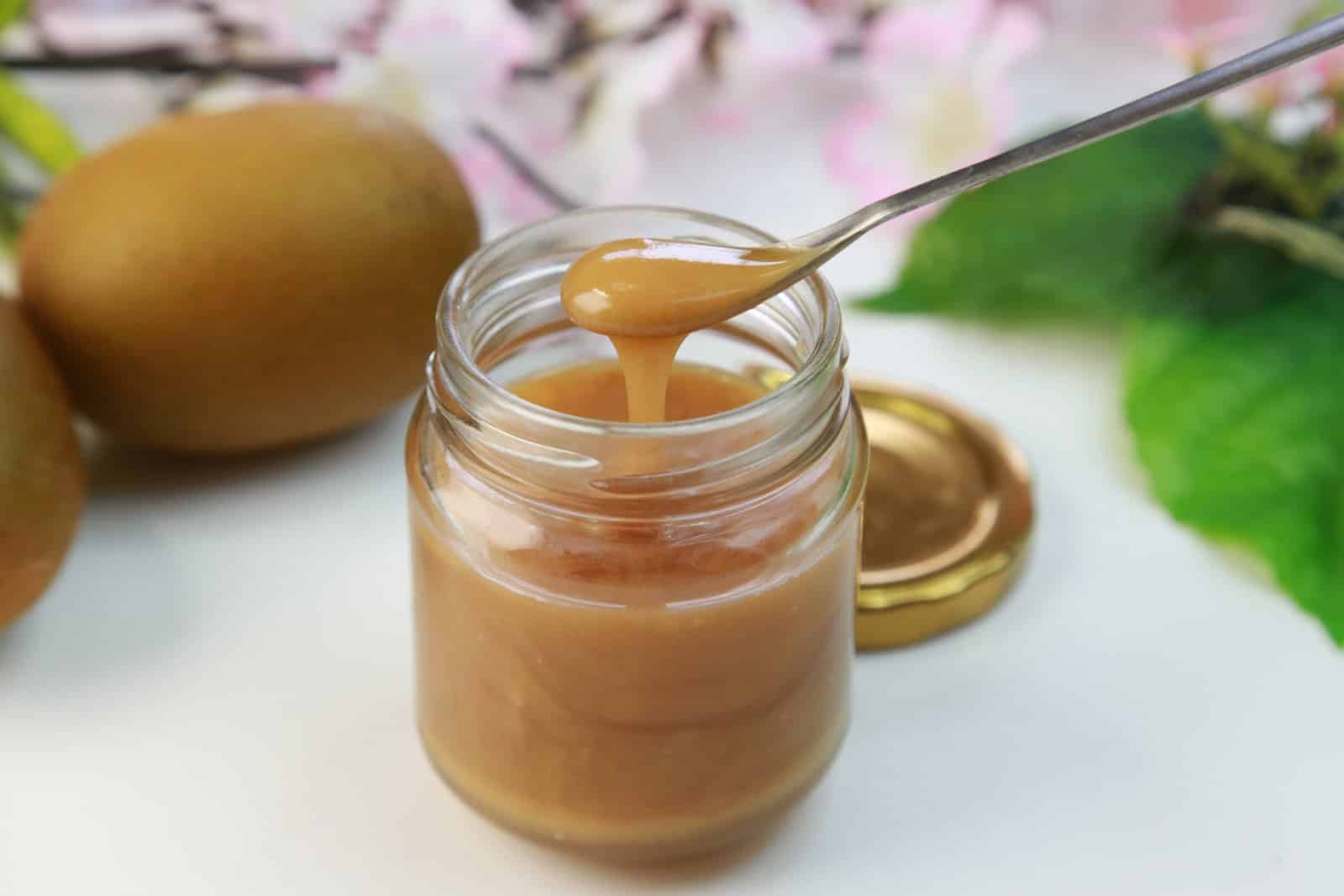
This honey variant is far pricier than regular honey, with claims of superior health benefits that don’t justify the cost for everyday use.
#14. Almond Butter
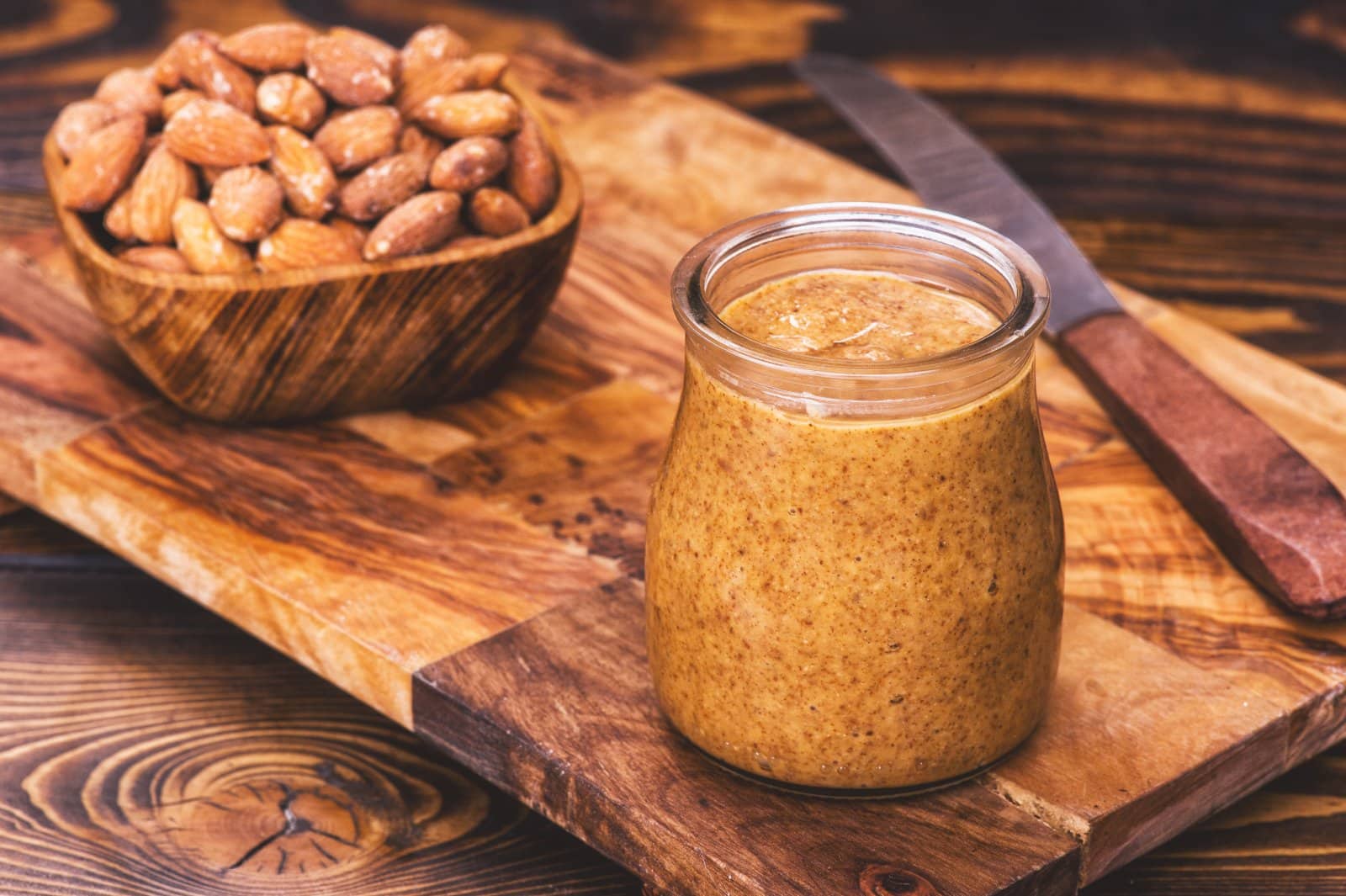
Almond butter costs significantly more than peanut butter, with a nutritional profile that doesn’t vastly outweigh its less expensive counterpart.
#15. Kombucha
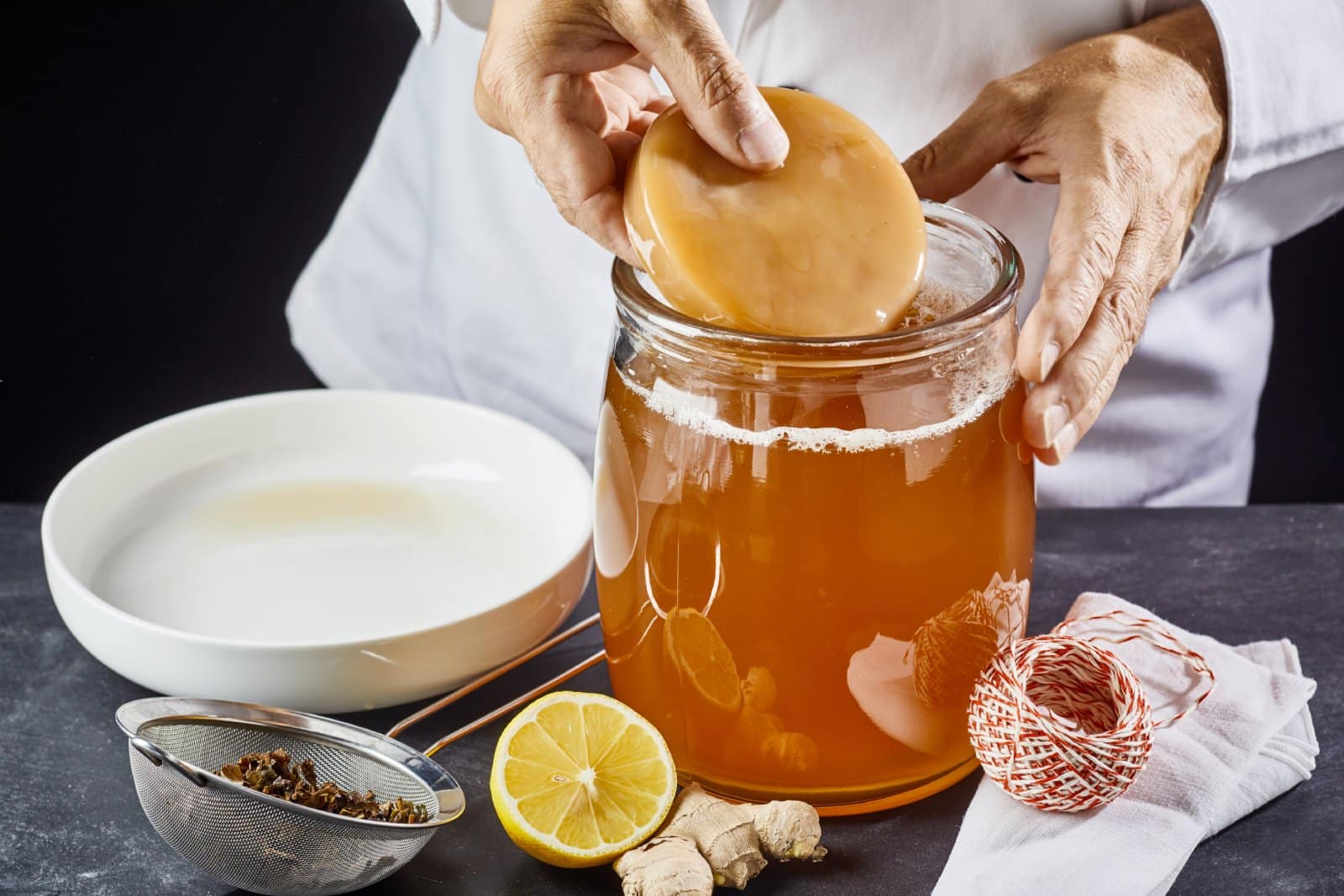
This fermented tea is pricier than other probiotic sources, like yogurt, which offer similar gut health benefits.
#16. Himalayan Pink Salt
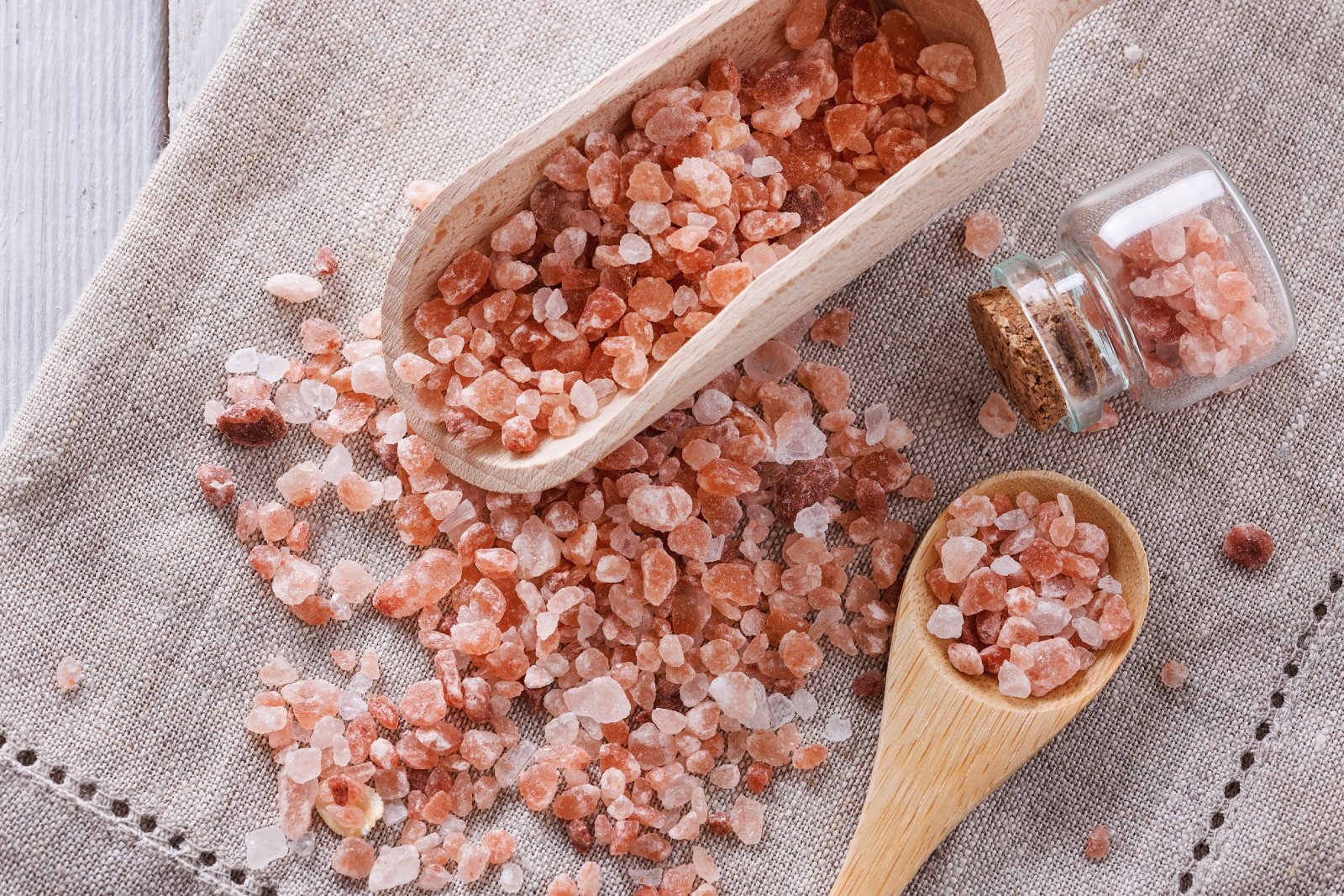
Marketed for containing more minerals than table salt, the difference is minimal, making it an unnecessary splurge.
#17. Turmeric Supplements
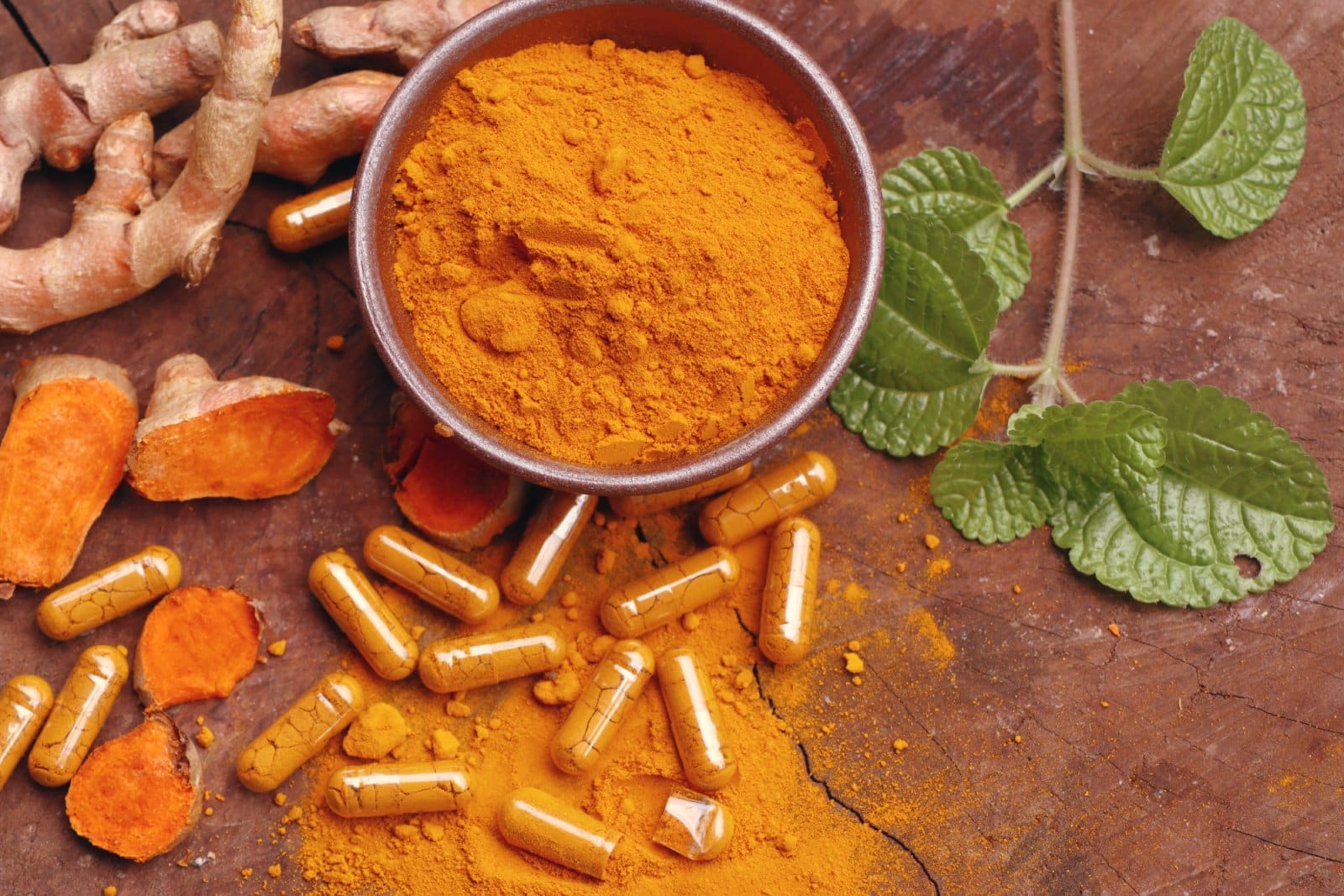
While turmeric is healthy, supplements are expensive. You can easily incorporate ground turmeric into your diet at a lower cost.
18. Bone Broth
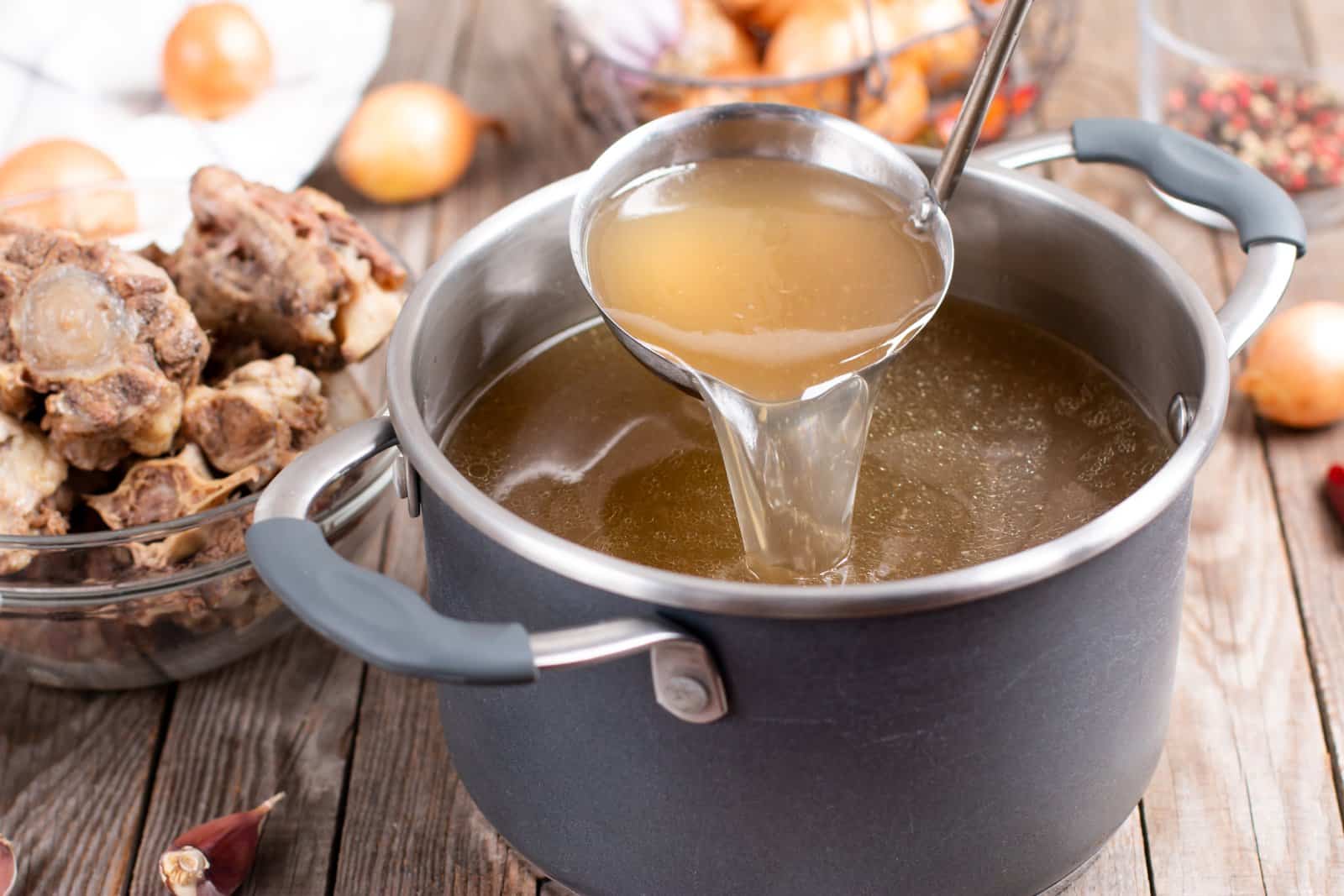
Touted for its collagen and mineral content, bone broth is pricey. Regular broth or making your own from leftovers can provide similar benefits.
The Bottom Line: Super Savings Over Superfoods
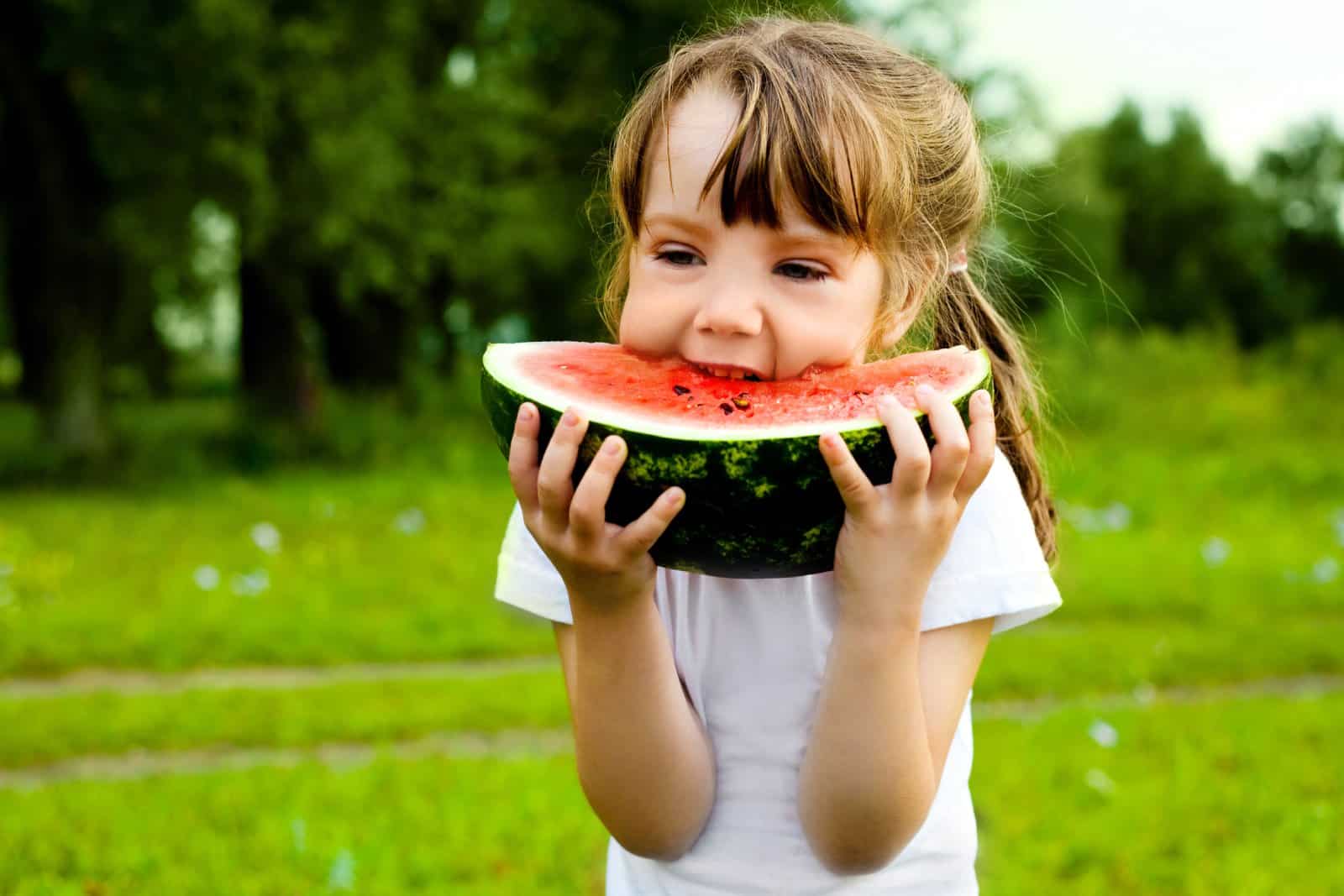
While nutrition is key to a healthy lifestyle, falling for the superfood trend can drain your wallet without offering substantial benefits over more traditional foods.
Before splurging on these expensive items, consider more affordable and equally nutritious alternatives that can contribute to a balanced diet without the super price.
The post The Superfood Scam: 18 Pricey Picks That Aren’t Worth the Extra Dough first appeared on Career Step Up.
Featured Image Credit: Shutterstock / BGStock72.
The content of this article is for informational purposes only and does not constitute or replace professional financial advice.
For transparency, this content was partly developed with AI assistance and carefully curated by an experienced editor to be informative and ensure accuracy.

